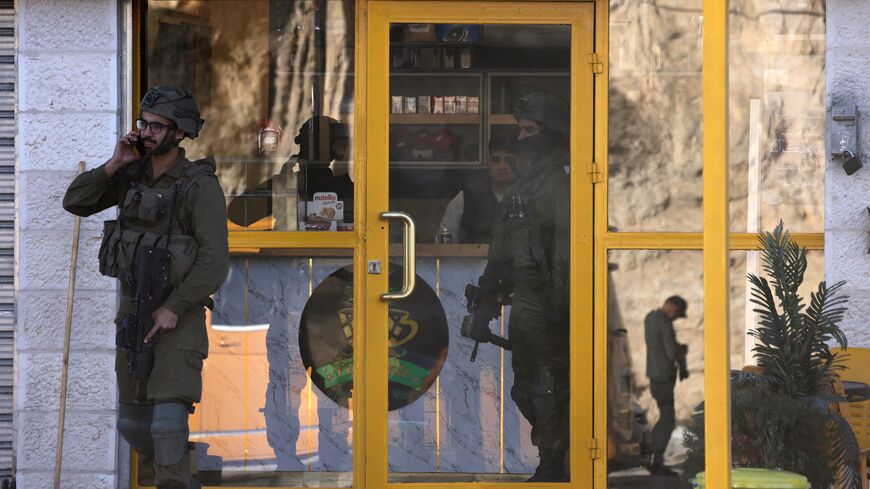Israel's public broadcaster KAN revealed on Tuesday evening that Israeli and Palestinian officials will meet in Sharm al-Sheikh in Egypt ahead of Ramadan, set to begin mid of next week, in another regional attempt to try to calm tensions in the West Bank.
A first such meeting took place on Feb. 26 in Aqaba, Jordan. Haaretz reported that the summit in Sharm al-Sheikh will take place on Sunday.
The Aqaba meeting was convened at the initiative of the Biden administration and under the auspices of Jordanian King Abdullah. It included representatives from Israel, the Palestinian Authority, the United States, Egypt and Jordan. The summit ended with an agreement to establish a joint security committee to examine renewing Israeli-Palestinian security cooperation and another to establish a civilian committee to advance confidence-building economic measures. The participants agreed to hold another summit in Egypt.
Israel also agreed at Aqaba not to advance any further moves on settlement expansion. But later in the day, after the murder in the Palestinian West Bank village of Huwara of two Israeli brothers, Israeli authorities reversed that decision. Israel committed instead not to announce any new measures in the four coming months. In other words, the government intends to go forward with the legalization of nine West Bank outposts and advance the construction of some 10,000 housing units in existing settlements.
The Sharm al-Sheikh meeting is expected to have same attendees as Aqaba. They included from Israel Foreign Ministry Director General Ronen Levy, national security adviser Tzachi Hanegbi, Shin Bet chief Ronen Bar and the Coordinator of Government Activities in the Territories, Rassan Alian. The Palestinian delegation in Aqaba was headed by Palestinian intelligence head Majed Faraj. US National Security Council coordinator for the Middle East and North Africa Brett McGurk also participated, as well as senior Jordanian and Egyptian security officials.
Still, parallel to these efforts to lower the flames, Hamas has been increasing its belligerent rhetoric. Hamas Political Bureau deputy Saleh al-Arouri said on Tuesday, "Israel's attempt to use the month of Ramadan as a trigger to implement a policy that will change the status quo and divide the prayer times at the Al-Aqsa Mosque will lead to a furious reaction from the Palestinian people." Senior Hamas official Marwan Issa warned Wednesday morning, "The diplomatic process regarding the West Bank is over. The coming days will be full of events."
The most complicated issue expected to be discussed at the summit is the Temple Mount/Haram al-Sharif compound, considered the most volatile point in the region. This year, the month of Ramadan coincides with the Jewish Passover holiday, to be celebrated on the second week of April. Jordanians and Palestinians fear that extreme-right activists, possibly even National Security Minister Itamar Ben-Gvir, will ascend to the site during the Passover, generating friction.
On the Israeli side, security agencies are worried over an increase in militants preparing explosive devices, as was the case during the second intifada in the years 2000-2005. On Monday, an explosive device went off near a car in the north of Israel, not far from the West Bank town of Jenin, seriously injuring the driver. Israel considered the incident as an especially serious one, suspecting the explosion was a terror act.







